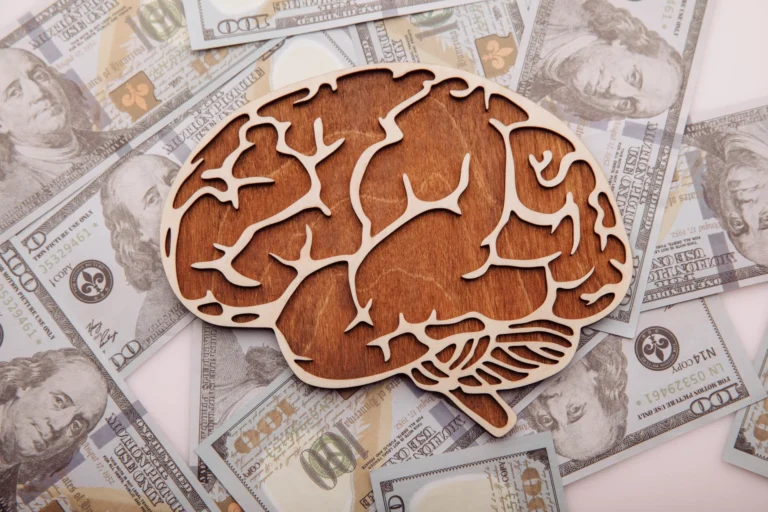The emotional impact of debt can be crippling. For many people, being in debt drains their energy and enthusiasm for life. Our collective personal indebtedness is higher now than ever before. But why do people get into debt? And when in debt, why is it so difficult to get out of?
In this post I’ll explore the seduction of debt and why it has a hold over so many of us. In my next post I’ll talk about the psychology of indebtedness, and how to beat it.
Two Psychological Processes That Pull Us Into Debt
1) “Future” (Delay) Discounting
This is a well-described psychological principle: we value immediate rewards more than larger, delayed ones. We plan a day and underestimate how long things will take; likewise, we take on debt and underweight the pain of future repayments. Psychologists call this delay discounting—and it helps explain why credit can look painless today and punishing tomorrow.
Credit providers understand this bias and build products around it: teaser rates for six months that then jump steeply, or “buy now, pay nothing for a year” offers that bundle low-quality goods with high interest later. We “future discount” our ability to clear the balance before the rate shoots up—exactly how these companies make money.
The worst culprits are the “buy now, don’t pay anything for a year, then pay over three years” deals. Psychologically it feels like something for nothing—until compounding interest arrives. You’re tied up in debt with little of lasting value to show for it.
2) Consumption and Personal Identity
René Descartes once wrote, “I think, therefore I am.” In the 21st century, it can feel more like, “I consume, therefore I am.” Branding taps into our need to belong to a larger story. Kids are especially vulnerable, but adults don’t escape it: we’re sold narratives promising youth, beauty, health, and social success if we just acquire the next thing.
When self-esteem hangs on purchases, we must keep buying to feel okay. Manufacturers know this; products are designed to date, upgrade, or wear out. A sturdier basis for self-worth is built in relationships and daily habits—being a reliable partner, friend, or parent—roles that don’t come from a shopping cart.
Why These Two Forces Become Toxic Together
Combine delay discounting with identity-through-consumption and you get a potent trap: people buy on credit the lifestyle they feel they “deserve,” planning to pay later. When repayment time comes, the same lifestyle no longer fits the budget—so more credit fills the gap. Round and round it goes.
Practical Ways to Break the Cycle
- Make the future feel real. Before taking credit, write down the exact monthly cost after any teaser period and how it fits your current budget—not a hoped-for one.
- Pause the identity pull. Ask: “What story am I buying with this?” Redirect toward roles and routines that build esteem without spending—exercise, service, craft, or learning. For a quick reset on mood and stress that doesn’t involve shopping, try a brief mindfulness routine (see Meditation Makes You Happy!).
- Swap ‘buy now’ for ‘save first.’ The psychology of saving flips the script: by avoiding interest, you can actually afford more. If debt is already weighing on you, these step-by-step ideas can help: How To Cope With Being In Debt.
- Support your mental and physical energy. Debt stress is easier to face with better sleep, movement, and routine. See Active Body, Healthy Mind for simple ways to rebuild focus and resilience.
The Upside of Saving
The benefits are obvious: by not paying interest, you can actually afford to buy more—and with far less anxiety. Reclaiming your attention from marketing narratives and making the cost of “future you” visible today are small shifts that compound into freedom.

